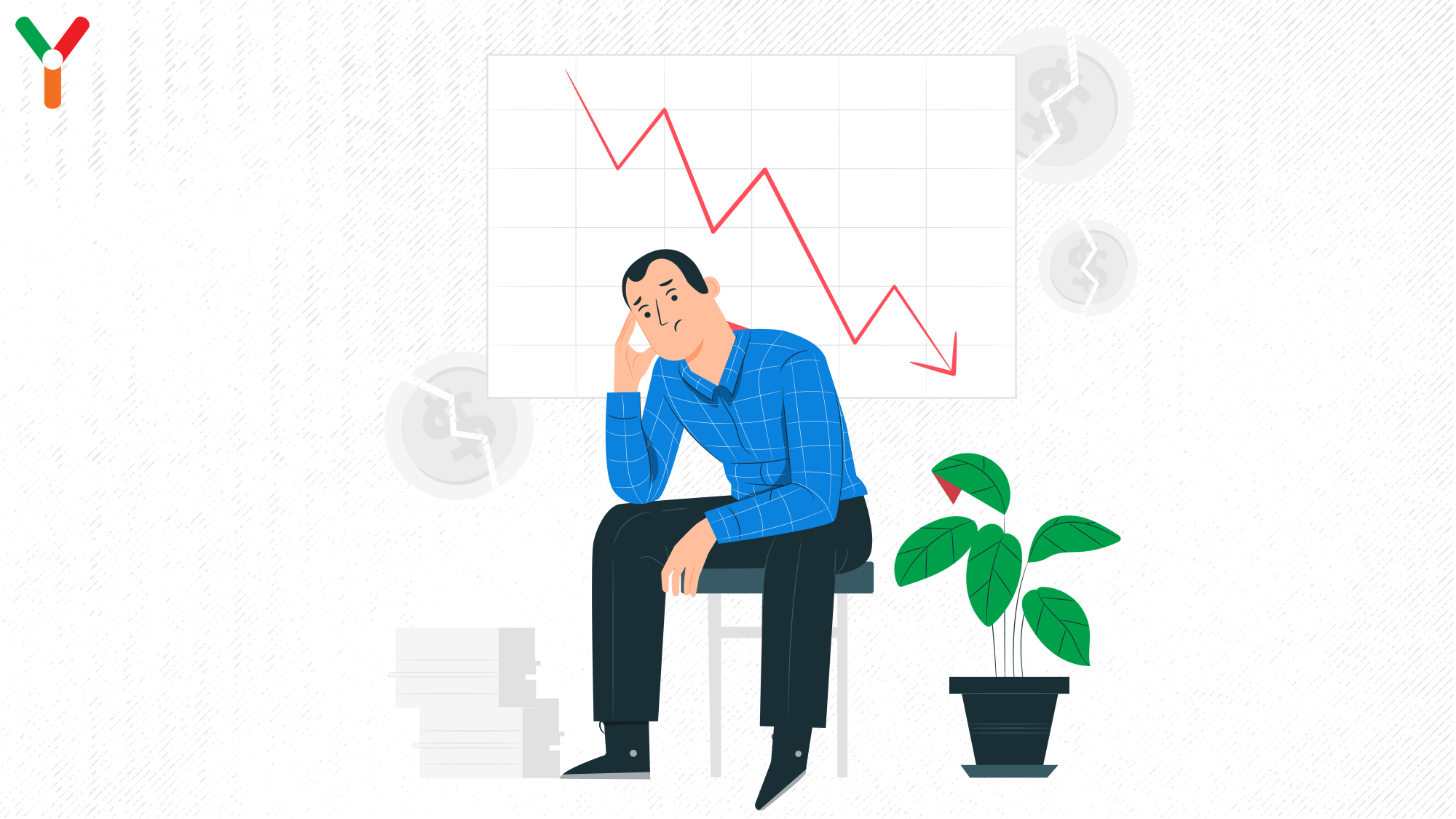
December 31, 2020 - Arnob K. Saha
The shifts in employment and the economy
The COVID-19 pandemic will potentially result in millions of people losing their jobs all around the world. Bangladesh, being globally connected, will bear the brunt as well. Few industries, such as travel and tourism, hospitality, airlines, and manufacturing, have already taken a major hit, followed by a trickle-down effect on the other closely connected industries.
The livelihood of millions of poor people is connected to the RMG sector and cancellation of existing orders coupled with non- or deferred payment of orders have already put many people’s survival at stake. Several small factories will be forced to shut down operations in the coming days, as they have insufficient capacity to recover from the losses that they have already incurred.
Additionally, the service sector has been badly impacted and the health risks of being in close proximity to the public is adding to the strain suffered by the industry. Even if the situation improves in the next one or two quarters, Bangladesh will need at least one more year to fully recover from the losses.
Over the past two months BYLC’s Office of Professional Development (OPD), which works on the professional training needs and placement opportunities for BYLC alumni, has been hosting Career Conversations that brings in experienced professionals from different sectors for virtual discussions on shifts in business needs and emerging skills sets required to adapt to the changing job market. In conversation with them, all the speakers spoke in unison on the need to develop robust solutions to alleviate the impact of COVID 19 on people and businesses. Some of the proposed solutions are outlined below.
Support from the government and international donors
The government of Bangladesh has already declared multiple stimulus packages to alleviate the struggles of different industries, as well as small and medium enterprises. However, experts claim that this may not be enough. A lot more financial support is required from the government and international bodies to prevent job losses and ensure basic food and shelter for the greater population. Businesses need to keep running and pay salaries to their employees, which is where financial assistance from external bodies is absolutely imperative.
Establish alternative means to navigate through difficult times
COVID-19 has been a huge blow for organizations and individuals who live day-to-day and could not invest in savings or have the luxury to indulge in insurance or provident funds.
Moving forward, organizations should try to maintain an emergency reserve to support their staff in such difficult times. If possible, they should rethink their overall payroll system because crises such as the ongoing pandemic could potentially become a common global occurrence. Advance preparation can make a significant difference on the impact of any future global crisis.
Focus on reskilling oneself to keep abreast of the changing times
All the speakers urged on upscaling one’s skills to stay relevant in these ever-changing circumstances. People should start becoming comfortable with technology and invest in digital literacy. The demand for these skills will increase and new opportunities in this field will arise. Businesses will need to learn to conduct operations online and would require tech-savvy people to help them make the transition. Managers will need to learn to manage their subordinates online. Companies will also need to develop systems to engage its employees virtually and keep the work running even if people are working remotely.
Contribute to the society by helping people in need
Daily wage laborers, who live hand to mouth, have been the most affected by COVID-19. Each of us can take responsibility for at least one underprivileged person or family. Remember that daily wage earners give their blood and sweat for the development of the country but have to rely on scrapes to survive even in normal times. If all capable, privileged individuals do their part of contributing to society, the impact of this coronavirus will be far lesser than what we are currently experiencing.
In the past, there have been several global economic disruptions. However, none of them have caused havoc on the same scale as COVID-19. Circumstances are different and so should be our actions. Let’s take this change positively and learn to work with patience, resilience, empathy, and be appreciative of the climate and environment for a healthy future.
